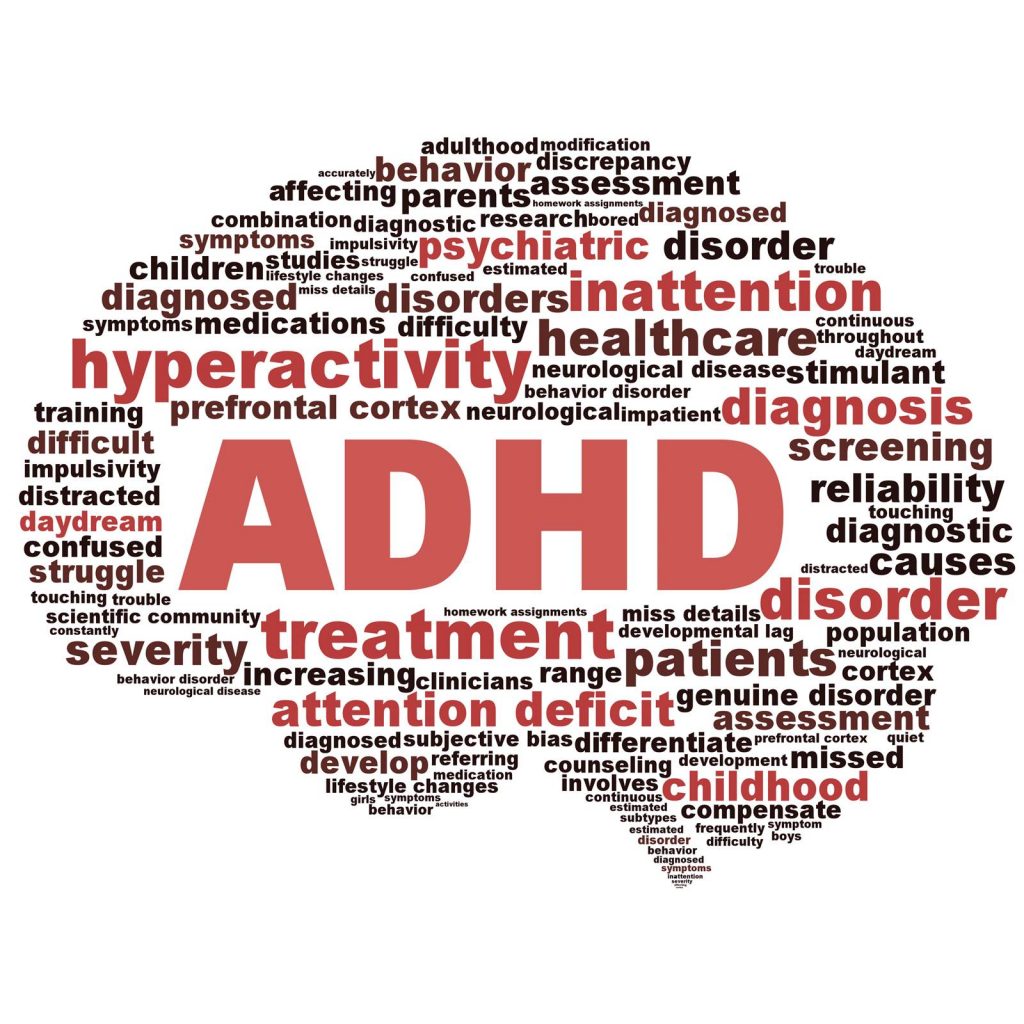What is ADHD?
Attention-Deficit Hyperactivity Disorder is one of the most prevalent childhood developmental disorders. In fact, 9.4% of children from ages 2 – 17 have been diagnosed with ADHD and the numbers are increasing. Common symptoms include inattention, hyperactivity, and impulsivity. In other words, you might notice that your child with ADHD has a tendency to daydream, squirm, make careless mistakes, or have difficulty with focus.
** If your child exhibits such symptoms, please seek advice from a healthcare professional. This article is not meant to be used for diagnostic purposes, as ADHD is a complex disorder and should only be diagnosed by a healthcare professional.
How can swimming help children with ADHD?
1) Swimming can increase attention span
Kids with ADHD often seem to have too much energy, resulting in fidgety, restless behavior. Swimming is a fantastic way to release this excess energy as it helps with the lack of focus and impulsivity seen in children with ADHD.
Additionally, during rigorous exercise such as swimming, their brains release chemicals called neurotransmitters. One of the neurotransmitters released is dopamine, which is involved with attention and focus in the brain. Interestingly, medications used to treat ADHD often work by increasing the same chemical, dopamine, in the brain. Hence, swimming can be a natural method for kids to increase their attention spans!
2) Individualized participation is key
Experts agree that team sports could be difficult for children with ADHD. In team sports, it is important to maintain focus and awareness on not only their own roles but also those of other players.
Swimming is one of the best sports for children with ADHD. This is because there are few opportunities for distraction, no physical contact with others, and low complexity of rules and strategies. As swimming is a sport with individualized participation, it provides children with all the energy release and endorphins of physically rigorous activity without the challenges of the disorder, including heightened distraction and decreased spatial awareness.
3) Swimming can boost self-esteem
This might seem contradictory to the last point, but swimming can actually help to boost self-esteem as it can be a team activity! According to child psychiatrists, kids with ADHD often feel isolated from their classmates. Team sports can offer social interaction and encouragement from peers. Although swimming is largely an individual activity, it also contains the social benefits of team sports if your child is swimming on a team.
Ready to start swimming? Book a lesson with AquaMobile here!
How has swimming helped you or your child with ADHD? Let us know in the comments below.



